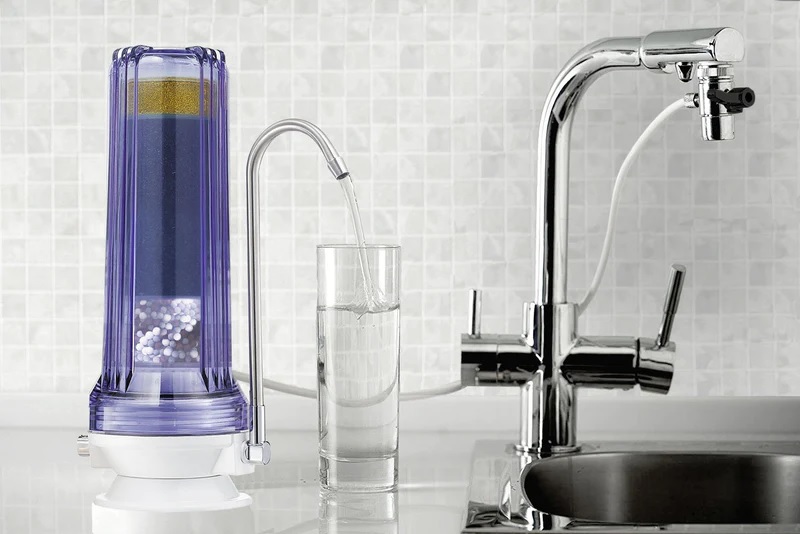Water filters improve the water quality by removing undesired contaminants such as sediment, taste and odor, hardness, and bacteria. We provide a wide selection of filters and cartridges to address various water-related problems, from better-tasting drinking water production to more specialized uses like coffee brewing and manufacturing crystal clear ice.
The Working Mechanism of Water Filters
One of the most crucial elements on Earth, water makes up 71 percent of the planet’s surface and Fcan make up as much as 75 percent of a person’s body. Agriculture, science, medicine, transportation, heating, recreation, food processing, washing, and maybe most importantly, drinking all depend on water in one way or another.
Most people get their drinking water from a municipal supply that has been treated and is safe to consume. Still, it frequently has unpleasant tastes and odors from chemicals like chlorine used to disinfect the water and keep it free of bacteria and germs. Depending on where you live, you could also notice that the limescale deposits collected from your mains water can clog pipes and harm equipment. These problems—chlorine taste and odor and limescale formation—are only two of the several other typical water issues that water filtration may address. But how exactly do modern water filters operate?
Mechanical
The fundamental concept of mechanical filtration is to use a barrier to physically remove any silt, debris, or other particles from the water. Automatic filters can range from a simple mesh that removes big particles to a ceramic filter with an intricate pore structure for pathogenic organisms’ ultra-fine filtration.
A mechanical filter will typically be assigned a micron rating, which describes how well the filter can remove particles of different sizes.
Absorption
Carbon is most frequently used in water filters to absorb impurities because it is so good at removing them from the water. Because it has a large interior surface that is crammed with holes and crannies that can trap chemical impurities like chlorine, carbon quickly absorbs pollutants.
Granular activated carbon in most conventional residential filters absorbs undesirable tastes and odors to lessen them. However, the carbon block elements used in more expensive filters are often more effective and have a micron rating for particle removal.
Wood and coconut shells are just two materials used to manufacture carbon modern water filters. Coconut shell filters are more effective but also more expensive.
Sequestration
Chemical isolation of a substance is the process of sequestration. Scale-inhibiting filters frequently use food-grade polyphosphate to bind the calcium and magnesium minerals that lead to corrosion and limescale. However, polyphosphate is typically only added in incredibly tiny amounts, and it just inhibits scaling, not wholly getting rid of it. As a result, polyphosphate prevents the formation of scale on whatever surfaces it comes into contact with by working to keep the minerals in the solution rather than softening the water.
Not all applications are suited for scale inhibition since the hard minerals are still in the water. So instead, it is typically advised to soften water using a method like an ion exchange in water locations where the alkalinity level is 180 ppm or above.
In conclusion, Since each form of filtration restricts what it can, most water filters or filtration systems combine many techniques to attain a given water purity level.



